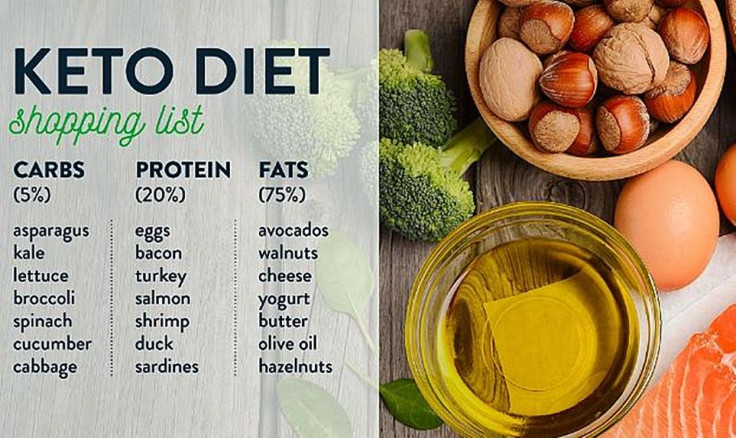Keto Diet: Who Should Avoid This Very Low-Carb Weight Loss Plan?

Developed primarily to treat drug-resistant epilepsy in children in the 1920s, the ketogenic (or keto) diet has since morphed into a very popular weight loss and mental well-being fad whose advocates are about as avid as champions of the Atkins low carb diet.
The keto diet is also a low-carb diet but unlike the Atkins diet, it is high in fat. It’s all about increasing calories from fat and seriously minimizing carb intake. That means following a restrictive, keto-friendly food list.
For all its alleged advantages (it lowers blood pressure and blood sugar levels, for example), the keto diet remains controversial because it tampers with the needed availability of glucose.
Glucose is the indispensable fuel that powers the human body – especially the brain – and allows it to operate optimally day in and day out. Our bodies are basically glucose-burning machines that need adequate amounts of carbs (the main source of glucose) to survive.
The keto diet encourages the consumption of minimum amounts of carbs and instead encourages the consumption of high amounts of fat and moderate amount of protein.
A normal keto diet is 75 percent fat, 20 percent protein, and only 5 percent carbs in a person’s daily caloric requirements. In contrast, the typical American diet usually consists of 50 to 65 percent carbs.
The ketogenic diet mimics starvation. Deprived of its daily requirement of carbs, a body is forced into a metabolic state called ketosis. Our bodies need an adequate supply of dietary glucose, which is mainly transported and used as energy or stored as glycogen in the liver and muscle tissue.
Deprived of dietary carbohydrates (usually less than 50 grams a day), the liver becomes the sole provider of glucose to feed our glucose-hungry organs. Our brains are especially hungry for glucose and account for more than 20 percent of total energy we use everyday.
And once liver glycogen is depleted, our bodies use the energy reserve found in ketone bodies. Manufactured by the liver, these ketone bodies derive primarily from fatty acids in your diet or body fat.
These ketones called BHB are released into the bloodstream and used by the brain and other organs.
With this info in mind, it becomes obvious the keto diet isn’t for everyone. Its heavy reliance on fats and severe restrictions on carbs means people with type 1 diabetes can’t use it.
Here’s a list of those who can’t use the keto diet:
Those with Type 1 diabetes These people are insulin-dependent, and a keto diet stands to lower their blood sugar to dangerous levels.
Pregnant or breastfeeding women. A growing fetus requires a steady glucose supply to support normal growth, including crucial brain development. Reduced glucose availability caused by a maternal keto diet may have long-term adverse effects on infant health. These include abnormal growth patterns and alterations in brain structure.
Athletes. Those involved in sports with explosive movements such as the martial arts or even sport dancing will benefit more from a moderate carbohydrate intake rather than a keto diet. Explosive movements eat up the muscles’ glycolytic capacity, which is powered by glucose from dietary carbohydrates.
On the other hand, endurance athletes might thrive on a keto diet because their sports can be adequately fueled by fatty acid oxidation and ketones.
People who have had their gallbladders removed. The gallbladder holds bile, which aids in fat digestion. Without a gallbladder, a person won’t be at his best on a high-fat diet such as a keto diet. If a person has had his gallbladder removed or has an existing gallbladder disease, he should consult with his doctor before trying a keto diet.
People with thyroid disease. A keto diet might suppress levels of thyroid hormones.
People with Multiple Sclerosis (MS). The National Multiple Sclerosis Society raises questions about the long-term safety of the keto diet for MS patients. It also cautions about possible keto diet side effects, like fatigue and constipation.



























